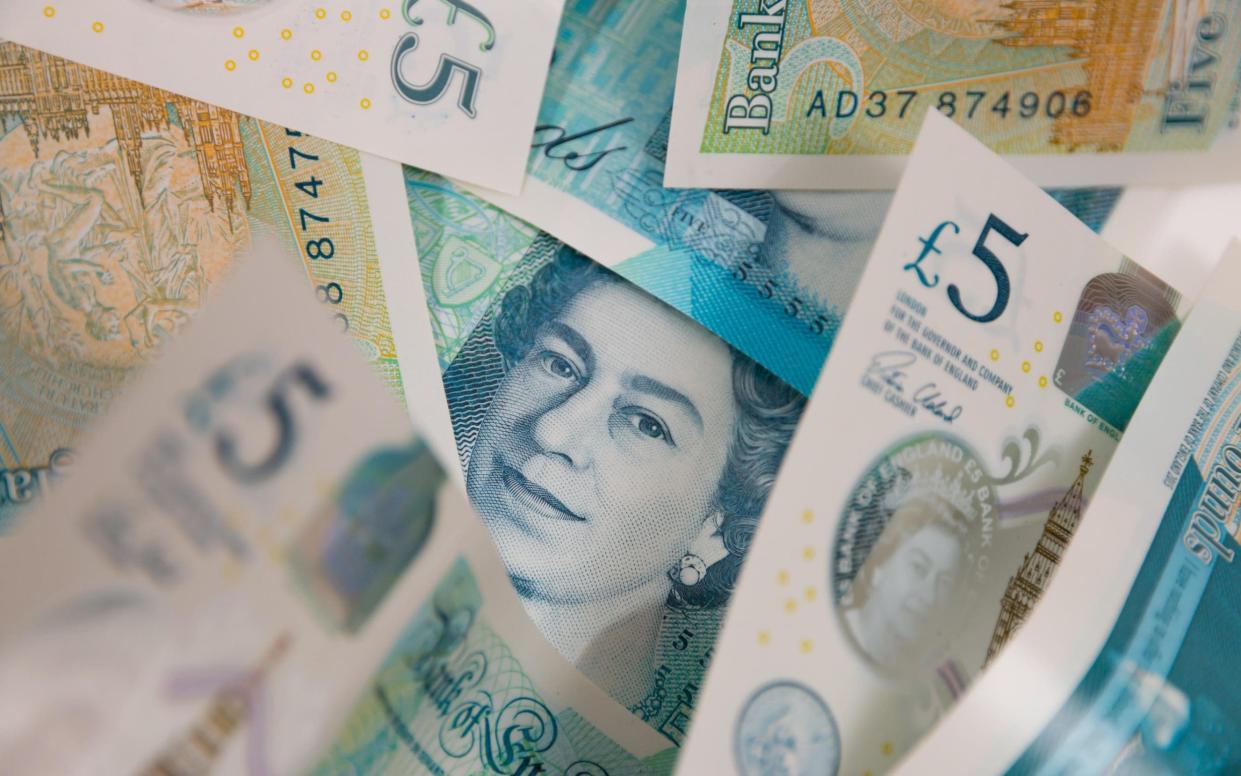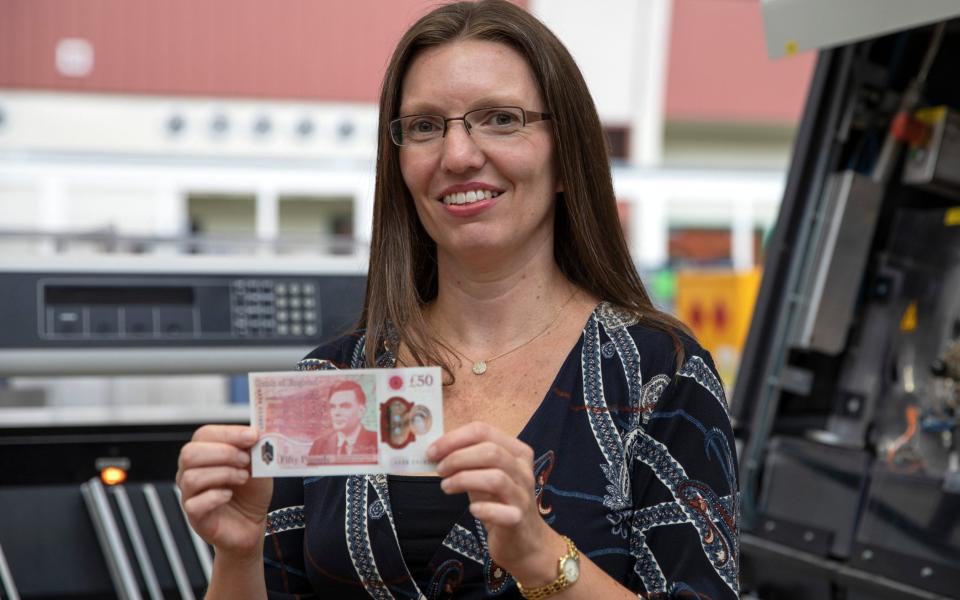Dig out that old cash under the mattress – soon it won’t be worth the paper it’s printed on

Many of us still like to keep a bit of cash under a mattress for a rainy day. But waiting too long to cash in could leave you out of pocket as Britain switches from paper to polymer banknotes.
Pensioners have been warned to check their stash of emergency cash is not about to lose its value, with just 100 days left until paper banknotes will no longer be valid.
Nearly half a million banknotes will cease to be legal tender after September 30 and will no longer be accepted in shops or businesses, the Bank of England has warned.
Baroness Altmann, the former pensions minister, said elderly people needed to be aware that “the money you’ve got under the mattress, cash for emergencies, may not be spendable, because we are going to have new notes - they will be the legal tender.”
Tom Fyans, director of campaigns and policy at CPRE, the countryside charity, said: “Many rural villages are now cut off, with no bank or post office and no bus service to the nearest town.
“Inevitably, this means there will be people holding on to paper banknotes that they will struggle to cash in.
People in countryside will be ‘left behind’
“While this is unlikely to be a problem in well-connected urban areas it’s yet another reminder that those living in the countryside are getting left behind.”
Sarah John, the Bank of England’s chief cashier, said: “Changing our banknotes from paper to polymer over recent years has been an important development, because it makes them more difficult to counterfeit, and means they are more durable.
“The majority of paper banknotes have now been taken out of circulation, but a significant number remain in the economy, so we’re asking you to check if you have any at home.
“For the next 100 days, these can still be used or deposited at your bank in the normal way.”

After September 30 anyone holding a UK bank account will still be able to pay the notes in, and some post offices may still accept them, the Bank said.
Growing inflation also means cash will erode in value more quickly, with prices rising at the fastest rate for 40 years. In May the rate of inflation rose to 9.1 per cent, the highest level since March 1982, and the Bank has warned that it will reach 11 per cent this year.
There are still more than 300 million paper £20 banknotes featuring economist Adam Smith, and 160 million paper £50 banknotes featuring entrepreneur Matthew Boulton and engineer James Watt, in circulation.
It is a year since the Bank first issued the polymer £50 banknote featuring Bletchley Park codebreaker and scientist Alan Turing.
The Turing £50 completed the Bank’s rollout of polymer notes, with all of its denominations - £5, £10, £20 and £50 - now printed on polymer.

 Yahoo News
Yahoo News 
